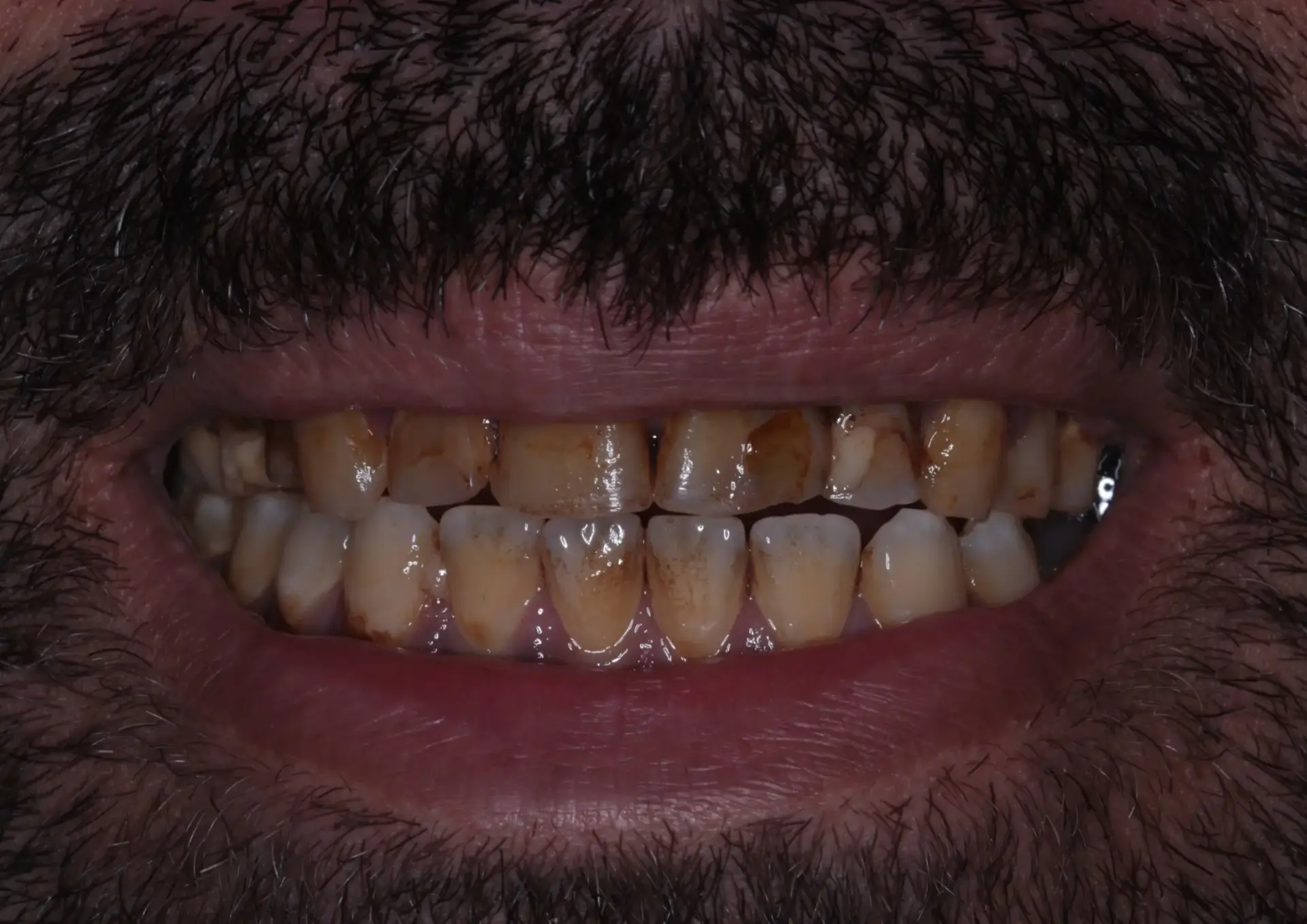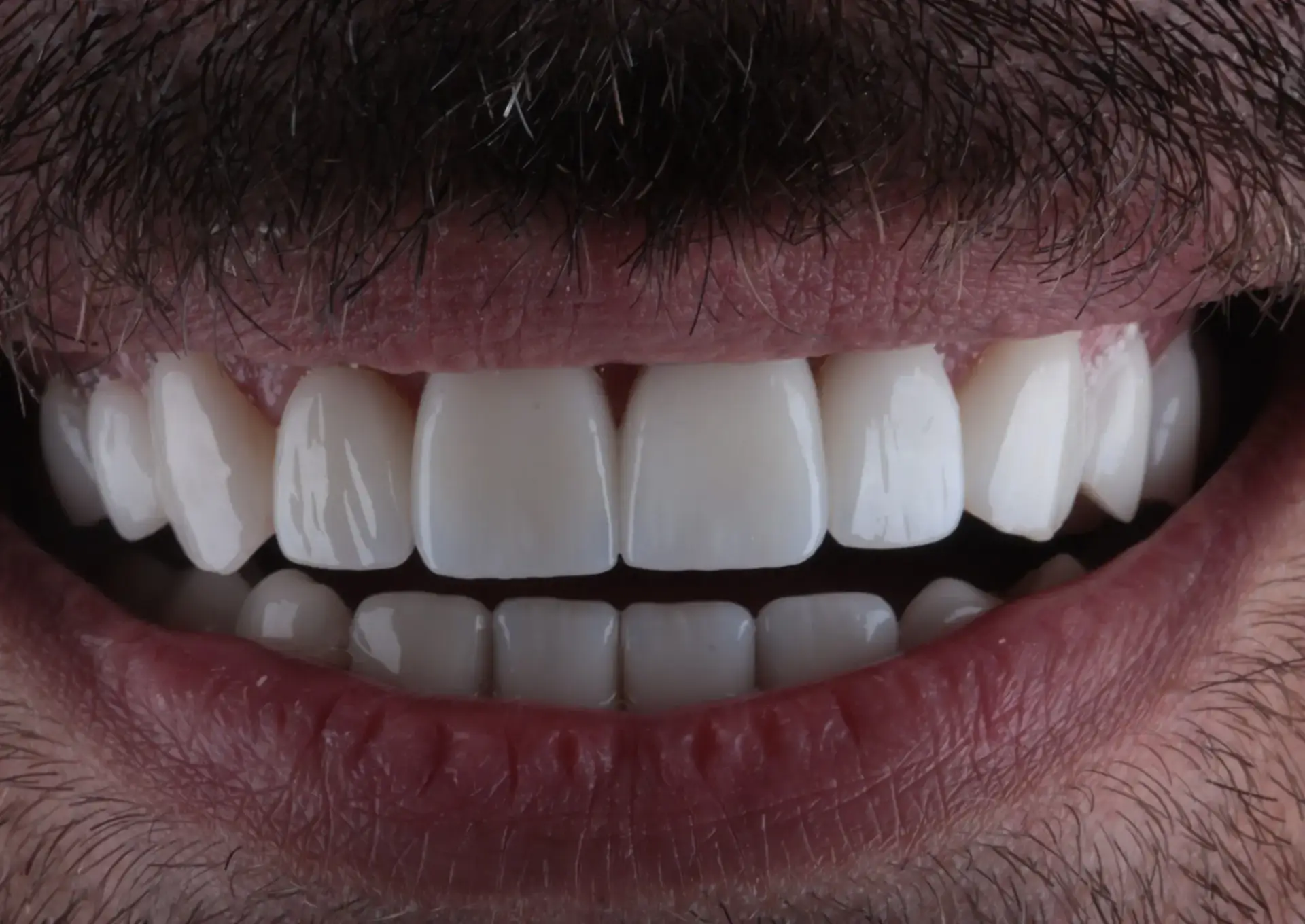Everything you need to know about dental implants
Prosthetic dental treatment is one of the most revolutionary treatments for handling missing teeth or the loss of teeth with the use of implants. Unlike conventional dentures or bridges, implants work as normal teeth and improve your lifestyle. In this blog, let’s discuss the basics of dental implants: what it is; its advantages; how it is done; and basically, the things you must think about when considering having it done.




What are dental implants?
Dental implants offer a firm solution for lost teeth, which recovers the looks of teeth and guarantees their stability. So, you can chew your food, smile, speak, and laugh without the pain and embarrassment caused by implants. They also help regain your confidence and can easily go about your daily life without worrying about your teeth.
Types of Dental Implants
1. Endosteal Implants
- The simplest and least risky kind of implant; typically implemented.
- Demands overall sound gums and a strong jawbone on which it needs to fuse with the post.
- These are screw-like things that are inserted directly into the jawbone of the patients.
- Old false teeth to be replaced with new ones are fixed on the implant post after healing is complete.
2. Subperiosteal Implants
- It is important to discuss that endosteal implants have a primary competitor.
- Erected on the part of the jawbone but slightly below the gums.|
- Usually, a metal frame is used to anchor the implant into position.
- Most suitable for patients with a low volume of jawbone or for those who would like to avoid surgical intervention.
3. Zygomatic Implants
- The least frequent and the most complicated type.
- A type that is anchored into the cheekbone rather than on the jaw.
- It has a good prognosis in the presence of substantial loss of jawbone.
Supplementary methods that assist in implantation
- Bone Augmentation: Used to rebuild the thinning jawbone, a condition needed before implant insertion.
- Sinus Lift: Extra attachment of the bone beneath the sinus where there is loss of upper jawbone.
- Ridge Expansion: It expands a crowded lower jaw to accommodate implants.
Other Implant Choices
- Immediate Load Implants: Immediate teeth fitted on the same day of the surgery of implants.
- Mini Dental Implants: Stabilization of lower dentures commonly using smaller implants.
- All-on-4 Implants: Four implants are required for a full set of teeth, result in a faster solution, and do not usually involve a bone graft on the implant site.
Every kind of implant and technique has its array of solutions, and because of this, one can have their smile restored through the best implant suited to him/her.
How much do dental implants cost?
The costs of dental implants are not fixed but range depending on the difficulty in undertaking the process. An article by Roger Levin, D.D.S., of the Levin Group stated that the total cost of implants includes the examination fees, extraction fees, the fees for placing the implants, and fees for abutments and crowns. Some dental offices may compensate for the service, such as free 3D imaging, while others have a price range of $350-$515.
Usually, the total fee per tooth is from 3000 USD to 4500 USD, but if there are full-mouth implants, it costs from 60000 USD to 90000 USD. Depending on the patient’s case, that price may change, meaning that if a patient requires bone grafts or sinus lifts, the price will increase.
Single Tooth Implant Cost Thus, the cost of getting an implant is broken down into several cost factors. Many times, they will need an abutment and crown. Other processes that can be done simultaneously also push the price forward, such as sinus lifts and bone grafts. The cost of a single implant costs between $3,100 and $5,800 or less.
Number of Implants & Fellas Tooth Implant Cost Some treatments may be cheaper since they use fewer implants to replace several close adjoining teeth. For instance, two dental implants can hold a bridge for three or four teeth and may cost between 6,000 and 10,000 US dollars.
The cost of a full mouth implant. Individual implant procedures to replace all teeth can be conservatively estimated at $60,000 and $90,000, whereas implant-supported teeth like all-on-four cost ranges from $24,000 to $50,000 per complete set.
Other Expenses It is also important to know the price that will be incurred, especially for the procedure. Other expenses, which are hardly covered, are normally those of the medications, though most dental practices have provisions for fee installment in case of hardship.
Dental Insurance However, as earlier highlighted, dental insurance for a long time is used to exclude implant procedures. It is currently common to find insurance that reimburses up to $1,000 per implant per year, and those associated costs come out of FSAs, HRAs, and HSAs. Always it is advised you consult your insurance provider on what you are liable to meet before undertaking the process.
The Dental Implant Procedure
Dental implants serve as a surgical procedure and may take close to several months or years to be done completely. Here’s an overview:
- Initial Consultation: You should consult your dentist to assess your condition via an X-ray, 3D scan, or a dental checkup to determine if you are a good candidate for the implants.
- Tooth Extraction: During the surgery, if there is any, the decaying teeth can be pulled out before the implant is done.
- Bone Grafting (if needed): In some instances, if the jawbone is not strong enough to support the implant, the surgeon will perform a bone graft to ensure he has a firm surface to fix the implant.
- Implant Placement: The crown is screw-retained, and the titanium implant, which has the appearance of the root of the tooth, is inserted into your jaw.
- Healing Period (Osseointegration): In the following few months of implantation, they become integrated with the jawbone to prevent movement.
- Abutment Placement: The implant is restored after the healing process is over by placing what is referred to as an abutment, which supports the crown.
- Crown Placement: Since the crown is made especially for your teeth, it is placed perfectly on the abutment to hold it firmly.
- Aftercare: Routine brushing, flossing, and checkups with specialist dental health practitioners are important to maintain the durability of the implant which depends on different cases and may last for three months.
Risks and benefits of dental implants
What are the benefits of dental implants?
Dental implantation is a dental surgical procedure in which a tooth or set of teeth is replaced using a metal implant in the jawbone, so it is important to know some of its advantages.
Having one or more teeth missing can lead to severe problems in chewing food, speaking, and even social life. Dental implants are the closest option to natural teeth, providing several advantages, including:
- Improved chewing ability.
- A better quality of smile through the use of braces and their enhanced oral health confidence level.
- Improvement of speech and pronunciation.
- Only the structures of the jaws and all the muscles that are connected to them are preserved.
- Durability—implants unlike other procedures that may require repeat sessions, can last a lifetime depending on how well taken care of.
- Stabilization in case of flapping dentures.
Unlike bridges, dental implants will not cause any need to shave other teeth close to them. A bridge means cutting down on the adjacent teeth, and the strength of those teeth decreases progressively. While implants provide an answer to one tooth loss, by replacing the lost tooth without affecting the adjacent teeth in any way.
What are the risks or complications of dental implants?
As much as dental implant surgery is safe, there are some risks and complications that are however rare. Possible issues may include:
- Damage to nearby teeth.
- Delayed healing of the jawbone.
- There may be an infection at the site of the implantation.
- Jaw fractures.
- Nerve impairment, which would manifest as feelings of numbness or tingling.
- Excessive bleeding.
- Bothersome sinuses, mainly with the implants of the upper jaw.
In very exceptional circumstances, there are reactions to the alloy titanium, but there are options like using ceramic implants.
In any case, the possibility of developing complications is low only if the operation is carried out by an experienced surgeon. Hence, the following excellent and experienced providers must be chosen when deciding to undergo dental implants.
How long do dental implants last?
Based on the latest technologies in prosthodontics, dental implants are created to serve the purpose of full life. However, their longevity can vary based on several factors, including:
- Oral Hygiene: For the implants to last long, it is recommended that patients brush and floss their teeth and even visit dental practitioners for a checkup.
- Lifestyle Choices: Unhealthy activities like cigarette smoking and alcohol will also affect your gum as well as bone health, hence reducing the durability of implants.
- Bone Health: The health of the jawbone is one of the essential determinants for dental implants and their numbers. The problem is that the bone may wear away, and the implant will not hold properly anymore.
- Type of Implant: The superiority of materials applied for the implant and crown can also influence the durability of the whole creation. High-quality, high-gloss ceramic crowns and other titanium work are usually more effective and last much longer.
- Professional Care: Food accumulations that build up on teeth in specific patterns necessitate routine trips to the professional for cleaning and evaluation.
Overall, though, if dental implants are well taken care of, then they have the potential to last a decade and a half or even more. According to some findings, it was postulated that as much as 90 percent of dental implants are still useful after a decade.
Among the techniques that can be taken during dental surgery is implantation, which will restore the beauty of your smile as well as your teeth and improve your general health. Despite this process appearing to be cumbersome, going for them pays in the long run since the structures are long-lasting and they are easy to maintain. If you want to know the best solution for your case, call a specialist and take advantage of all the options that dental implants offer you for a beautiful and healthy smile.
